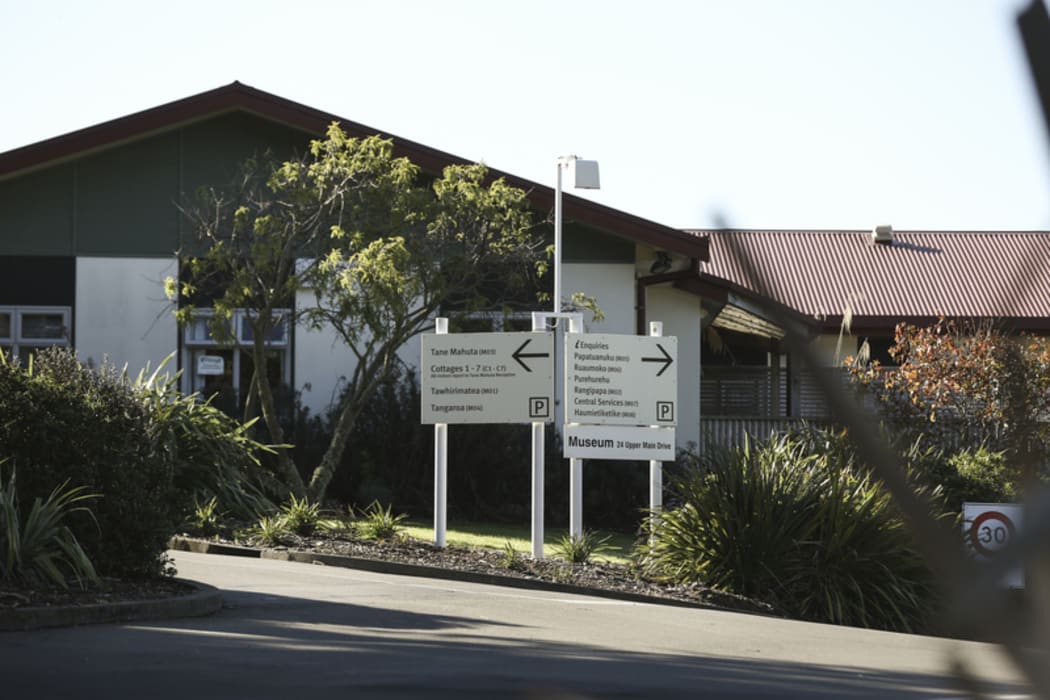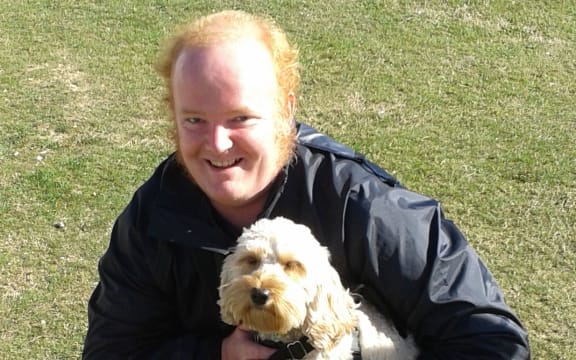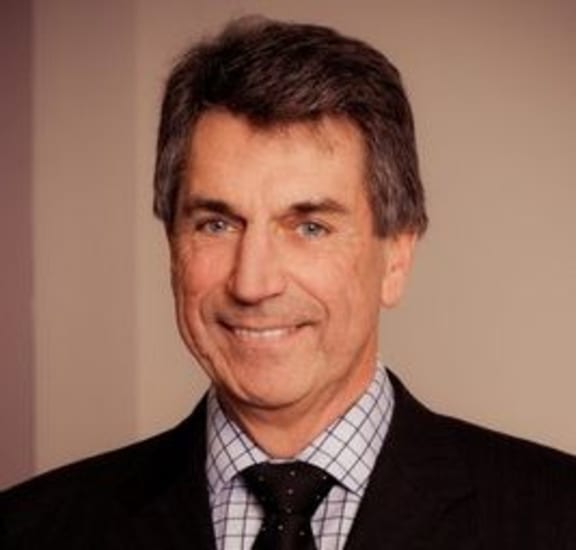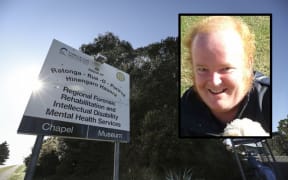Several hospitals have been accused of carrying out cruel and punishing practices, including prolonged and excessive use of mechanical restraints on elderly patients.
Some health wards used excessive restraints on patients, while in other cases patients were being detained without proper procedures being followed, according to reports by the Ombudsman's office.
This follows concerns raised about the extended detention of autistic man Ashley Peacock last month.

The Mental Health Foundation is "appalled" by the Ombudsman's findings. Photo: RNZ / Rebekah Parsons-King
The investigations into detention sites were carried out by the Ombudsman under the Crimes of Torture Act, and involved a series of unannounced visits to hospitals.
The reports, made public today, found the Palmerston North-based elder care ward Star1 carried out prolonged and excessive use of mechanical restraints on its patients, sometimes by inadequately trained staff.
It also found Waitemata District Health Board arbitrarily detained one of its voluntary patients at the Waiatarau Mental Health Inpatient Unit, a practice the Ombudsman said should cease immediately.
Te Whare Maiangiangi in Bay of Plenty was found to have used seclusion rooms to house patients when its facilities became overcrowded and it ran out of beds.
Other findings included some hospitals not providing patients the minimum hour of fresh air per day, and failing to maintain paperwork on patients kept in seclusion.

Ashley Peacock's parents are petitioning for changes to his care. Photo: SUPPLIED / David Peacock
The Mental Health Foundation said it was "appalled" at the findings.
Its chief executive Shaun Robinson said it was time to end the practice of seclusion altogether.
"Seclusion should be gone from the mental health services in New Zealand.
"It is an outdated way of addressing the needs of extremely vulnerable people."
Mr Robinson said he could understand why some staff might feel unsafe or under-resourced, and turn to detention as an option.
"We've known for over a decade that there's a pathway to moving away from this.
"If staff are given adequate training, if there are enough staff, if environments are built which calm people down rather than create the environment which is going to rark people up who are in distress."
Waitemata DHB acknowledged the findings, and said it would work to enhance patients' access to outdoor areas.
Ministry of Health Mental Health director Dr John Crawshaw was unavailable for comment, but in a statement said he "strongly refuted that a 'punitive' approach is more prevalent than a therapeutic approach.
"Seclusion should be used only when there is an imminent risk of danger to the individual or others and no other safe and effective alternative is possible.
"Avoiding harm to the patient and respecting their dignity must be balanced with ensuring the safety of those caring for them, and the general public."
Seclusion was used to address some of the most difficult and complex cases, Mr Crawshaw said.
Last year, the Human Rights Commission raised similar concerns in a study done in coordination with the Ombudsman.
Chief commissioner David Rutherford said any health board that carries out detentions needed to be held to account.
"Our position really is that the human rights of the people who are detained or restrained need to be respected.

Judge Peter Boshier says the White Ribbon campaign has been damaged. Photo: SUPPLIED
"Our society will be judged by how we treat those most vulnerable people amongst us, and I think New Zealanders expect a fairly high standard in that regard."
A review will be undertaken later this year into the use of restraints on patients.
"There are real concerns about the use of mechanical restraints, and also what people call 'chemical restraints' where people may be medicating to achieve the same ends."
While the commission couldn't comment on any specific cases highlighted in the Ombudsman's reports, it was very concerned.
"We recognise this is a complex area, but we think we need to take a hard look at what's currently happening, why it's happening, and look at some best-practice examples from offshore to see how we can improve in New Zealand."
The Ombudsman's office said Chief Ombudsman Peter Boshier was concerned about the report's findings.
Judge Boshier was also looking at further investigations into the use of extreme measures including restraints on elderly patients, and the use of seclusion by health boards without the proper paperwork.






